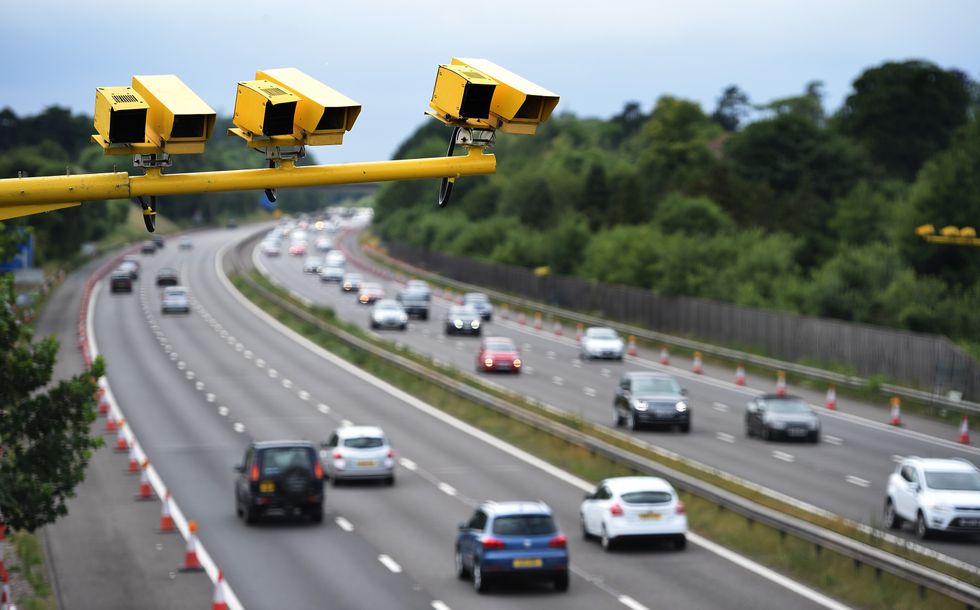Drivers adapting to new speed limiter rules have been told they can override the technology, potentially raising more safety fears.
The European Union introduced the “New Vehicle General Safety Regulation” measures to equip all new vehicles with Advanced Driver Assistance Systems (ADAS).
The new rules, which were introduced on Sunday, July 7, aim to slash the number of road accidents and casualties by ensuring drivers are aware of the speed limits and do not make roads more dangerous.
As part of the rules, Intelligent Speed Assistance (ISA) will now be seen in all new cars, along with other safety measures like Autonomous Emergency Braking (AEB), Driver Drowsiness and Attention Warning (DDAW), and Emergency Lane Keeping Systems (ELKS).
Do you have a story you’d like to share? Get in touch by emailingmotoring@gbnews.uk
Drivers can press down on the accelerator to override the technology
GETTY
Speed monitoring systems are already found in some cars, including all new Volvos and the new Ford Focus, with brands being required to adhere to the rules with all new vehicles.
However, the European Commission rules clarify that there are ways to override the speed limiter technology, regardless of which method is used in the vehicles.
The haptic feedback system can gently push back against the driver’s foot if they are exceeding the speed limit. It will help reduce driving speed, but can also be overridden by the motorist.
Similarly, a speed control system which relies on engine management can be “overridden by the driver easily”.
This is described as being the automatic reduction of the propulsion power independent of the position of the driver’s foot on the pedal.
Further details included in the policy documents state that when the driver has overridden the speed control function (SCF), it shall be “temporarily suspended” and reinitiated after four events.
This includes the speedometer speed becoming equal to or lower than the perceived speed limit, a full release of the accelerator control for more than three seconds, activation of an endurance braking system; or the perceived speed limit has changed to a lower value.
Research found that only six per cent of drivers think it is a good idea for manufacturers to fit new cars with speed limiter technology.
Richard Evans, head of technical services at webuyanycar, said: “Whilst some drivers may not be happy with the restrictions, bringing the speed limiters in aims to deter drivers from reaching high speeds when driving to make roads safer for all users.
“Drivers exceeding speed limits put themselves and other road users at risk – so it’s important they stay aware of the speeds they’re travelling at to avoid accidents.”
The Department for Transport has commissioned research to look at the impact ISA technology would have on England, Scotland and Wales, with Northern Ireland adopting the rules.
Any new rules to allow the use of ADAS and ISA in new British cars would require a public consultation and legislation to make the required changes to the GB-type approval scheme.
LATEST DEVELOPMENTS:

The new EU rules were introduced earlier this month
PA
While the changes have not yet been introduced, the DfT remains a member of the European New Car Assessment Programme (Euro NCAP) which already supports the use of measures used in the General Safety Regulation.
Further vehicle measures will be introduced in June 2026 as part of the EU’s safety guidance which will see new cars equipped with Advanced Driver Distraction Warning (ADDW) and extra braking systems for pedestrians and cyclists.

